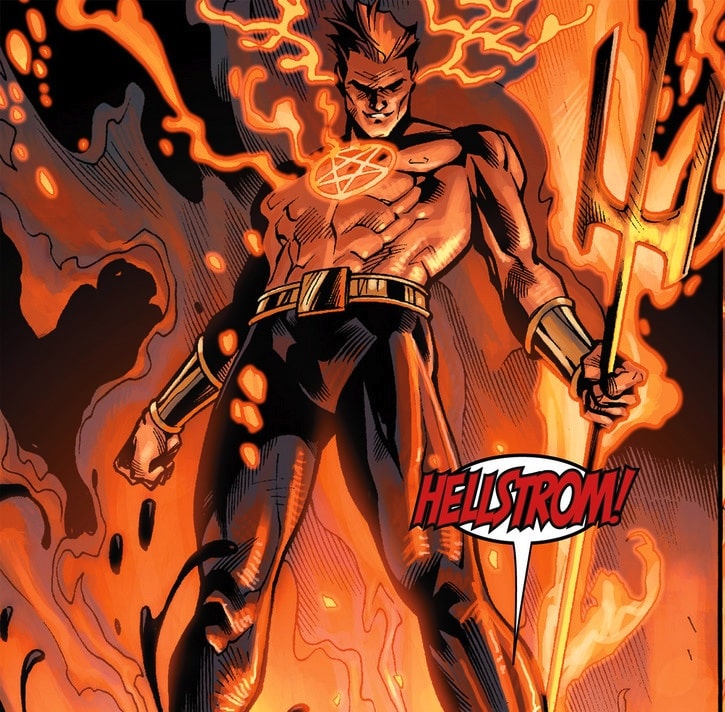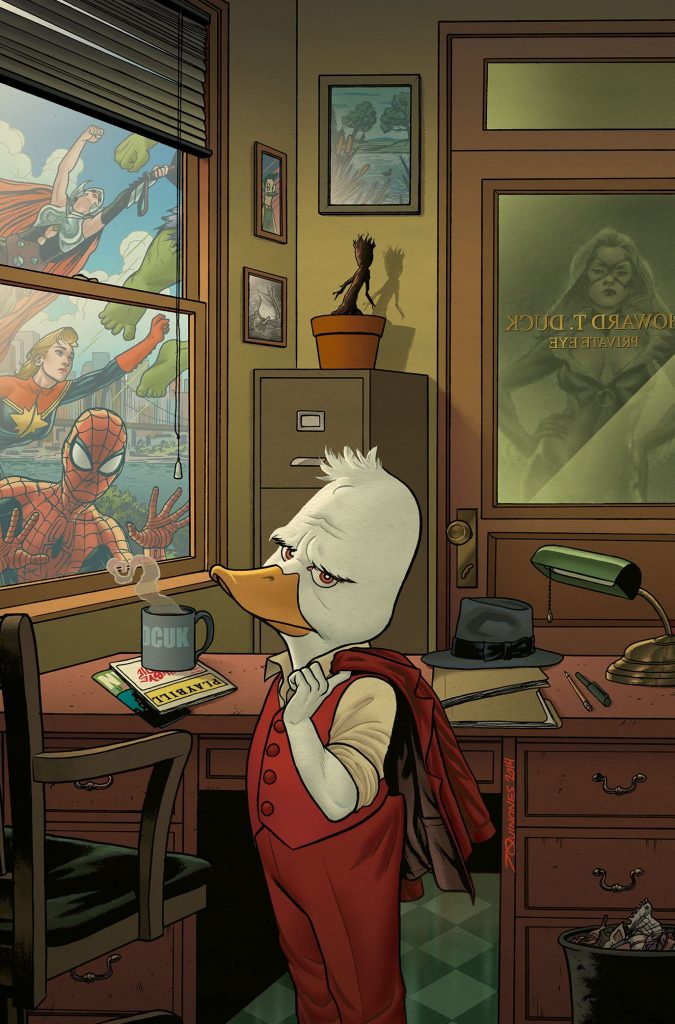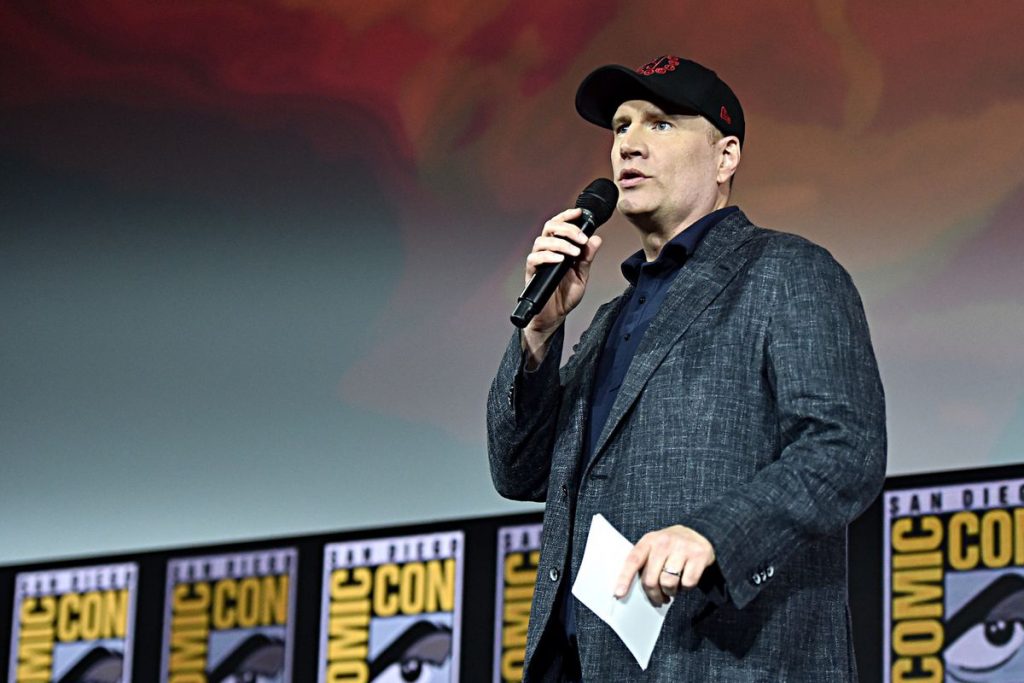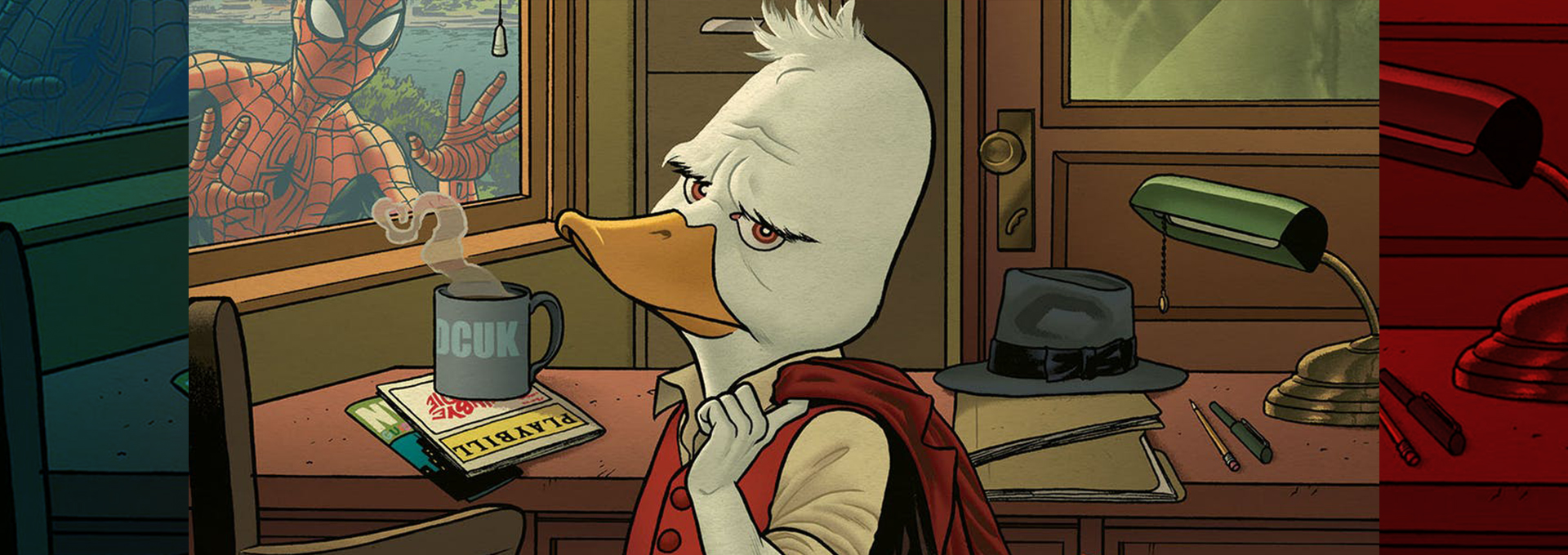After months of speculation, and after a rocky road of cancellations and changes, it’s now official that Marvel Television as a department, formerly headed by Jeph Loeb, is being transitioned to carry on directly beneath the Marvel Studios banner, under new Chief Creative Officer Kevin Feige.
One of the biggest questions is whether the remainder of the previously announced Marvel Television projects—such as the live-action Helstrom and the animated Tigra & Dazzler, M.O.D.O.K. and Howard the Duck series, would be cancelled. “The decision has been made to complete Marvel TV projects that are currently in production, but not continue with any further development,” is Marvel’s statement on the matter.

Also, rather surprisingly, Marvel Television head Jeph Loeb will remain in charge through the transition, with plans to finally take his long-announced departure in 2020. Unfortunately, some of the current Marvel TV staff is also expected to be laid off as the department transitions.
The biggest question fans have is how will this change affect the planned series for Hulu? Will they be integrated into the Marvel Cinematic Universe like the planned Disney+ series will be, or will they be allowed to exist separate from the main universe? Perhaps they will take place in alternate dimensions of the expanding Marvel Multiverse that Feige has in mind for the MCU?

There are pros and cons to both approaches. If Feige hopes to integrate all these new series into the MCU Multiverse, there will be plenty for fans to watch and re-watch as they discover all the interconnected aspects of the shows with the Disney+ shows and the MCU movies. This also creates a unified vision of all things Marvel, and characters and stories can be shared between the projects to make sure nothing disappoints. Plus, the probable continued great financial success of the movies can support the budgets of the series being produced for television streaming. Further, if one show proves a particular hit on television, it would be able to make the transition to the big screen of the MCU more smoothly.
If Feige decides that these shows, particularly the ones on Hulu, should have their own distinct identities, and not necessarily be tied to the MCU proper, it allows for greater diversity. It also presents greater risk, if the vision of one show diverges from the MCU so radically that it can’t support or be supported by the financially successful MCU. But if a divergent show turns out to be a major hit, it could also be brought to the big screen and explored as an entirely new approach to the Marvel Cinematic Universe. It might even open up a new aspect of the Marvel Multiverse never thought of or explored before. This creates tremendous possibilities, including down the line a possible reboot of many of the established MCU heroes in a new, fresh and exciting way. In other words, maybe Tony Stark as Iron Man could come back, only this time he’d be different (and played by an actor other than Robert Downey Jr.).

Whether Feige unifies all the television shows to fit into his overall vision of the MCU or allows each show to break new ground and be as different and variable as it can be, the best outcome of this difficult transition will be quality control. Many of Marvel TV’s previous projects have gone out to different companies, from ABC to Netflix to Freeform to various other outlets. Sometimes budgets on these projects have resulted in varying quality of said shows, to their detriment. Under one banner, this quality control can be tighter. Whether a show ends up on Hulu or Disney+, it will likely be made with equal investment and organization. This means that it won’t be the budgets or other production factors, but simply the quality of the characters and stories that generate the success of each show.
It will be interesting, as we enter 2020, to see how this integration is handled as we look forward to over a half dozen new Marvel shows on Hulu and Disney+.



